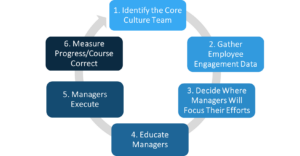If the Odds Are so Bad, Why do People Keep Buying Lottery Tickets?

One in eight Americans buys a lottery ticket at least once a week, even though the odds are not in their favor:
- Winning a large lottery prize: 302 million to 1
- Being eaten by a shark: 264 million to 1
- Dying in a plane crash: 11 million to 1
- Being attacked by a grizzly bear: 2.7 million to 1
- Winning an Olympic medal: 662,000 to 1
- Hitting a hole-in-one in golf: 12,500 to 1
- Becoming a millionaire: 30 to 1
So, if the odds are so bad, why do people keep buying lottery tickets? According to psychologists, the reason is Unrealistic Optimism – predicting that a future outcome for oneself will be more favorable than what’s suggested by relevant, objective standards.
In my opinion, unrealistic optimism is also the reason why employees stay in dysfunctional workplace cultures. They falsely believe that things are going to change and improve, even though they have no evidence to support this. Additionally, many employees have hope – a feeling of expectation and a desire for a certain thing to happen. Because let’s face it, no one wants to work in a toxic workplace.
In order to foster a more effective and engaged workforce, organizations should embark on an employee engagement journey, where senior leaders make culture change a priority, partner with managers to modify ‘how we do things here,’ and hold managers accountable for the results.

This process is a tried-and-true recipe for success because, at their core, human beings are wired similarly. What engages and inspires you, engages and inspires me. What deflates and discourages you, deflates and discourages me.
Conduct an Employee Engagement Survey and then focus on improving the five lowest-scoring questions. In a matter of months, you’ll realize measurable improvement. If you’d like guidance or inspiration, I’m a click away.

